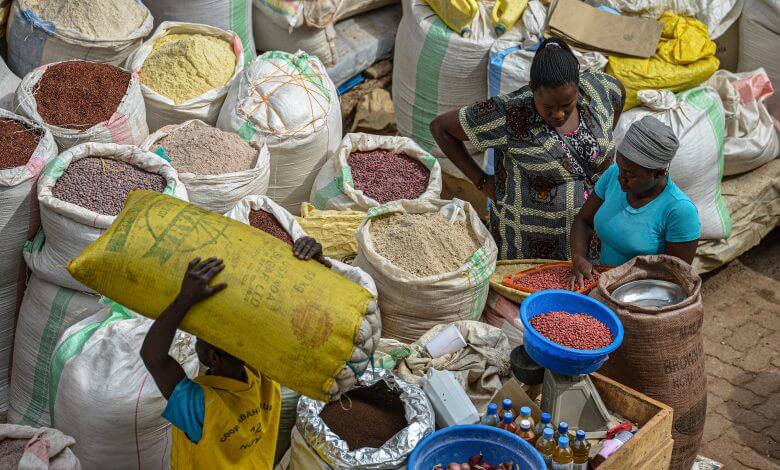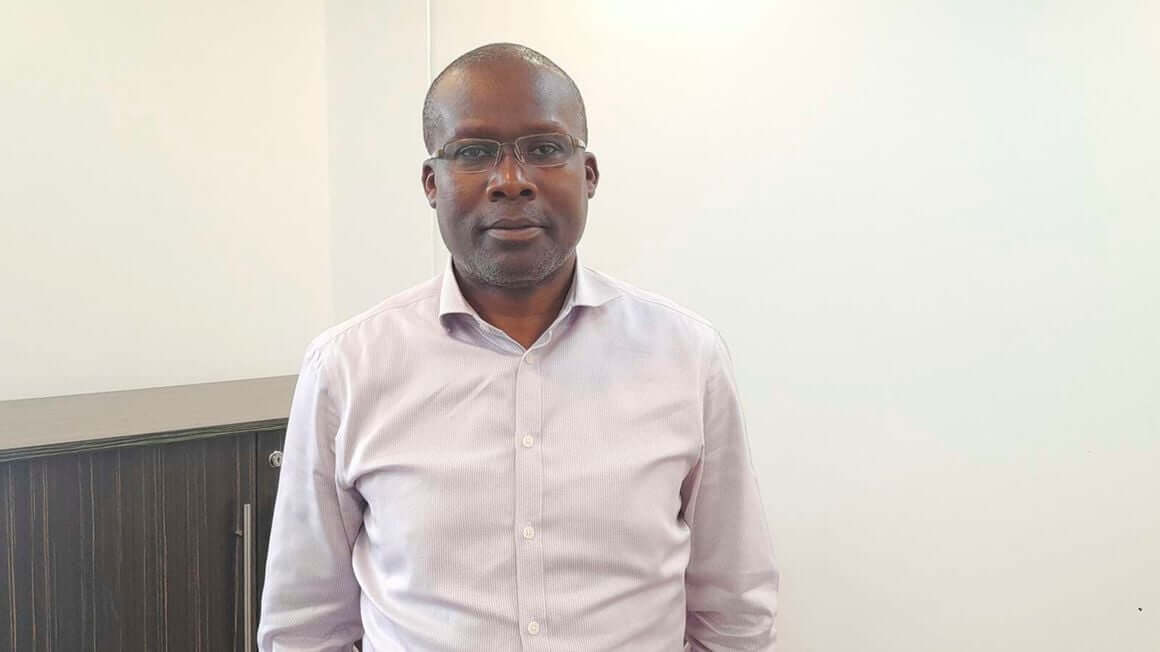A mobile laboratory was handed over to the Ministry of Health of Uganda on Wednesday in Kampala, Uganda, as part of an ongoing European Union-funded Programme to support countries in the IGAD region to strengthen surveillance and the healthcare system. The mobile laboratory will be stationed in the Central Health Laboratories at Butabika- Ministry of Health Headquarters. The mobile lab, worth EUR 167,300 (approximately 700 million Uganda Shillings), will be used to collect specimens from suspected patients across the country and within the cross-border areas in case of an outbreak of an infectious disease and for sample transportation to the nearest lab for testing. The mobile laboratory will help the medical workers to reach out to the patients from the cross-border areas, areas of emergency response, truck drivers in main truck stops and parking areas as well as people crossing the border in case of mass population movement or displacement. The mobile lab was handed over to the Minister of State for Health (Primary Health Care), Margaret Muhanga Mugisa by the Deputy Ambassador of the European Union in Uganda, Ambassador Guilaume Chartrain and witnessed by IGAD officials represented by the Health Expert EU-IGAD Response Programme – Dr. Hamid Idrees on behalf of the Director IGAD Health and Social Development Division as well as representatives from the UN family and senior Ministry of Health officials. Previously under the programme, an advanced and two standard ambulances; 803,230 PPEs (Personal Protective Equipment), 25,056 COVID-19 test kits were delivered to the Ministry of Health...
EU-IGAD delivers mobile laboratory to the Ministry of Health
Posted on: July 27, 2023
Posted on: July 27, 2023
























